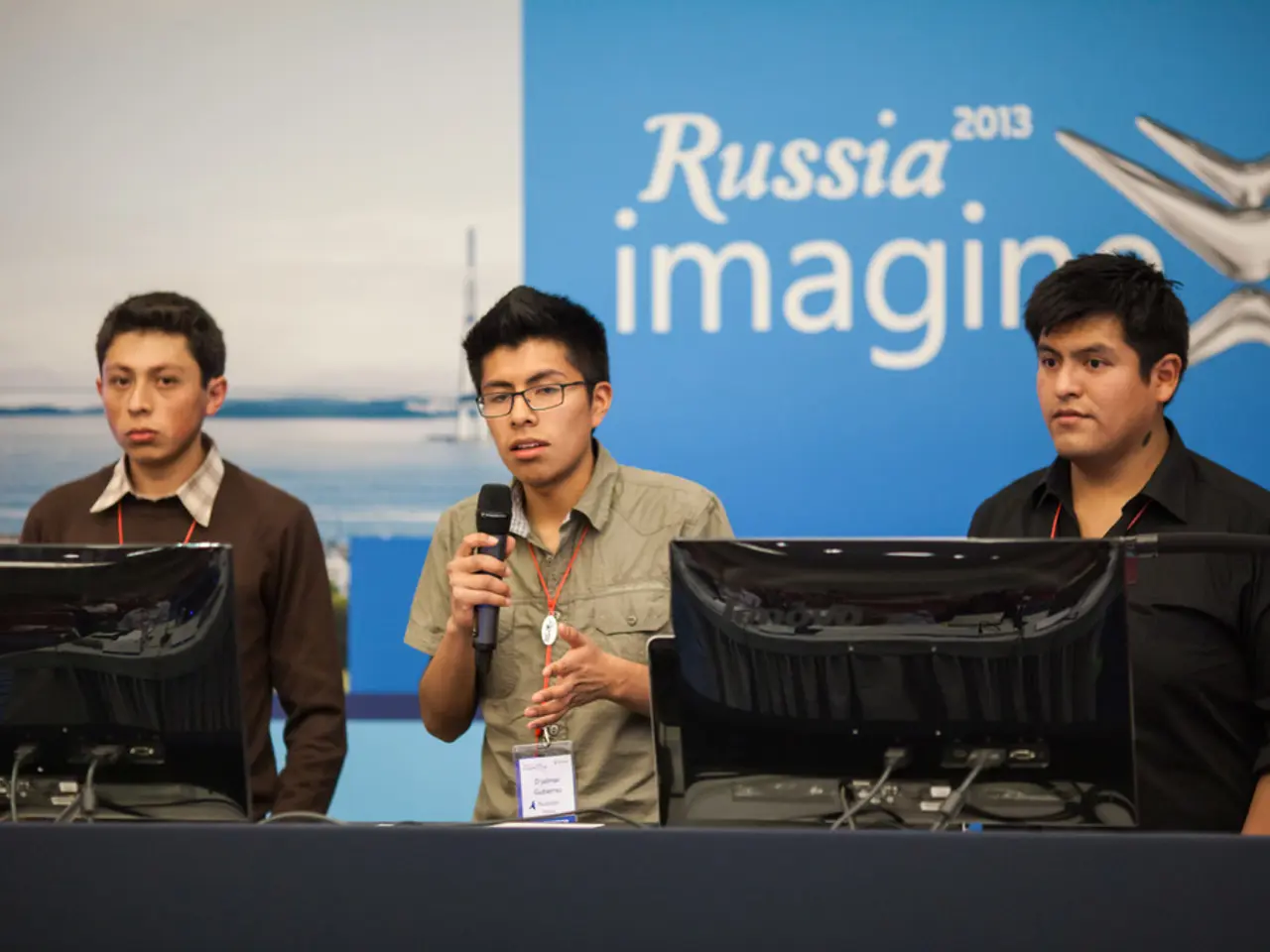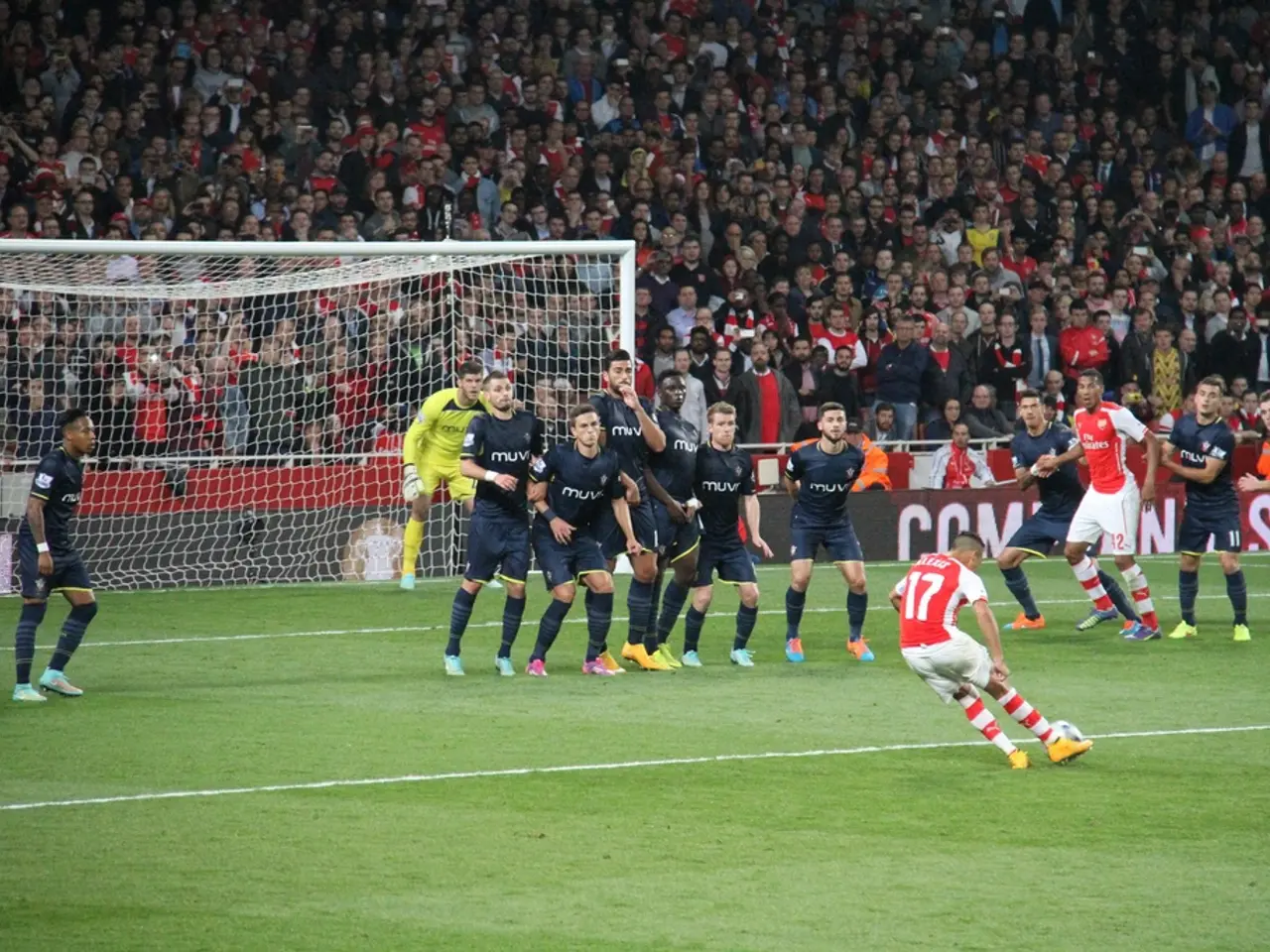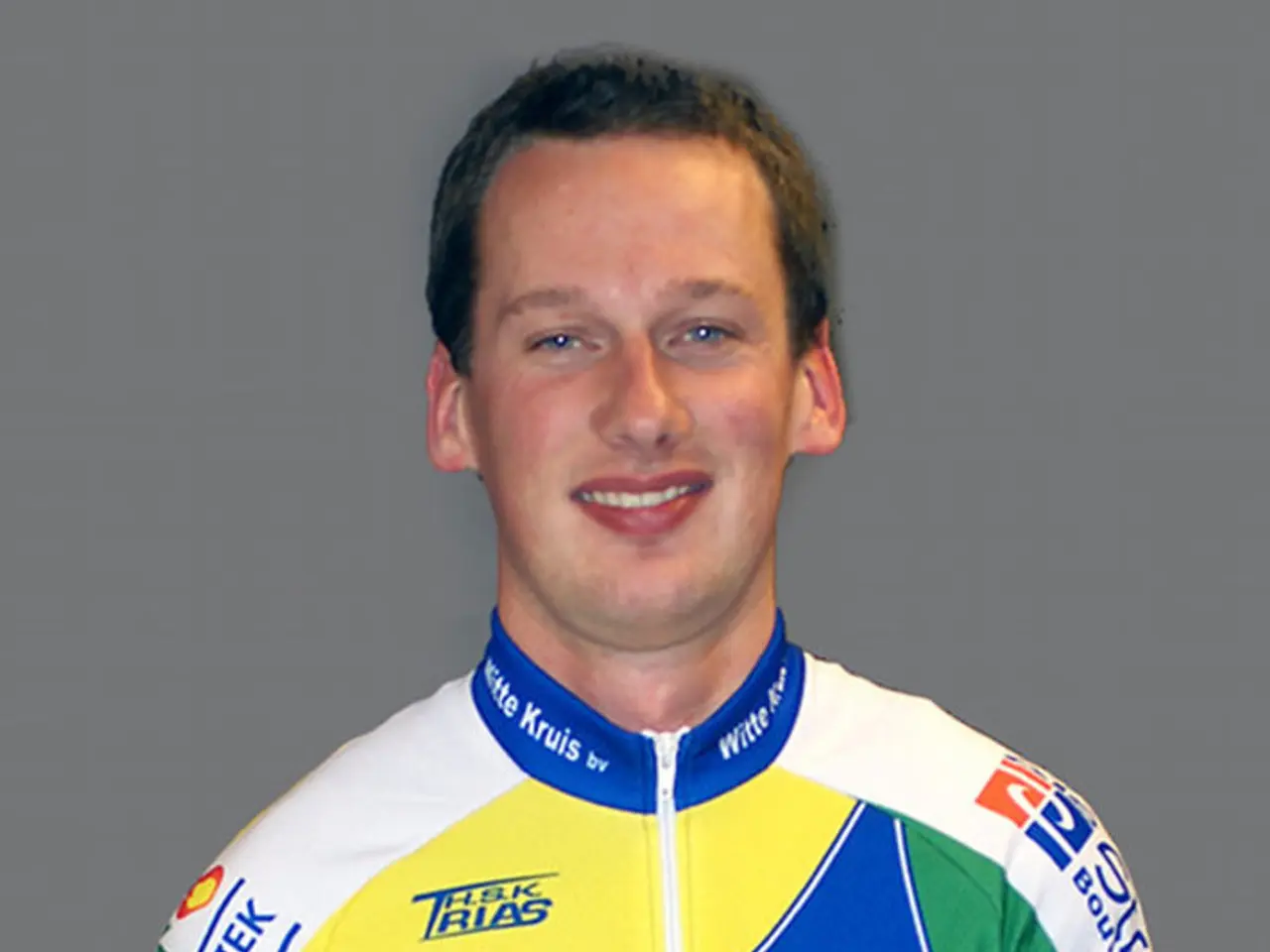City countering emergence of recognized far-right radical
In the heart of southwest Germany, the mayors of Pforzheim, Peter Boch and Dirk Büscher, have taken a firm stance against the scheduled appearance of right-wing extremist Martin Sellner. Sellner, known for his controversial ideologies, is planning to attend a book presentation in Pforzheim in August.
The mayors have expressed their vehement opposition to Sellner's appearance, citing his extremist views as a threat to the city's democratic values and its commitment to tolerance. They have contacted the police immediately after learning about the potential event and are currently in close exchange regarding the matter.
Various social and political groups have also expressed their opposition to the book presentation, urging the city administration to take action. The mayors aim to maintain Pforzheim as a city that upholds democratic values and promotes tolerance, and they do not want Sellner's ideas to be spread within its borders.
The mayors are gathering more information about the conditions under which Sellner's appearance would take place. Based on this information, they will decide on further action to prevent Sellner's appearance in Pforzheim.
Germany's legal framework provides a balance between freedom of speech and the protection of public order and safety. The Constitution (Grundgesetz) guarantees freedom of expression, but it can be limited if it conflicts with other constitutional rights or poses a threat to public order or safety.
The Freedom of Assembly Act (Versammlungsgesetz) regulates public gatherings and assemblies, allowing local authorities to ban or restrict events if there is a risk of public disorder or if the event contradicts constitutional principles. The Criminal Code (Strafgesetzbuch) also addresses hate speech and incitement, and if a speaker is known to promote hate or violence, their appearance could be restricted under these laws.
In similar cases involving right-wing extremists, German authorities have used these laws to restrict appearances or events when they pose a threat to public safety or order, or if they are likely to incite violence or hatred. For example, authorities have banned neo-Nazi marches or gatherings if there is a risk of violence or if they are deemed to promote hate speech.
The mayors find the recent revelations about Sellner contemptible and cannot tolerate such ideas in Pforzheim. They believe that extremist ideologies have no place in their city and are determined to uphold its reputation as a city of togetherness and mutual respect.
As the date of the book presentation approaches, the mayors and the citizens of Pforzheim await a decision that aligns with the city's democratic values and commitment to tolerance.
The mayors are monitoring the conditions of Martin Sellner's planned appearance in Pforzheim, ready to stand against his controversial ideologies that contradict the city's commitment to tolerance and democratic values. Amidst growing concerns about war-and-conflicts, politics, and general-news, the mayors aim to maintain Pforzheim as a city that promotes peace and respect, upholding its reputation and adhering to the German legal framework that protects public order and safety.








